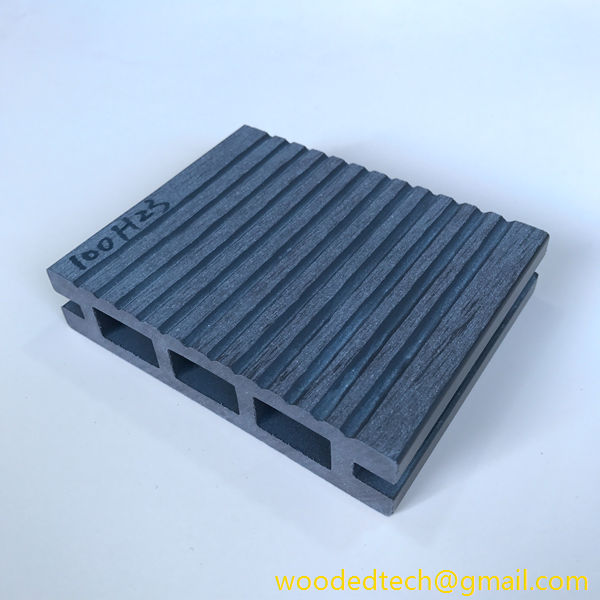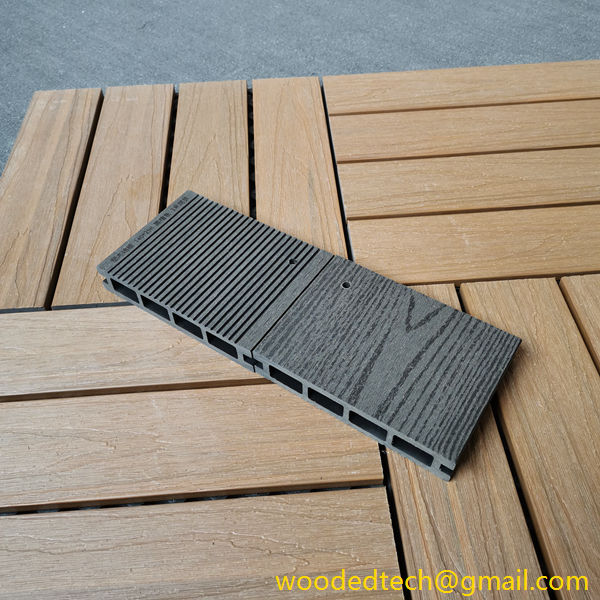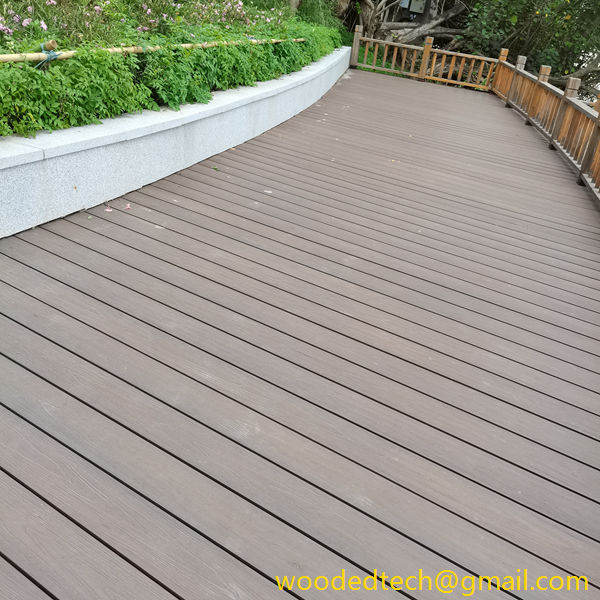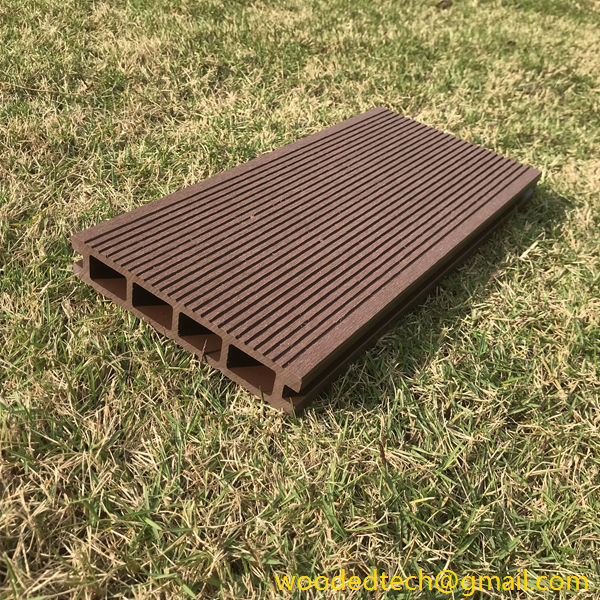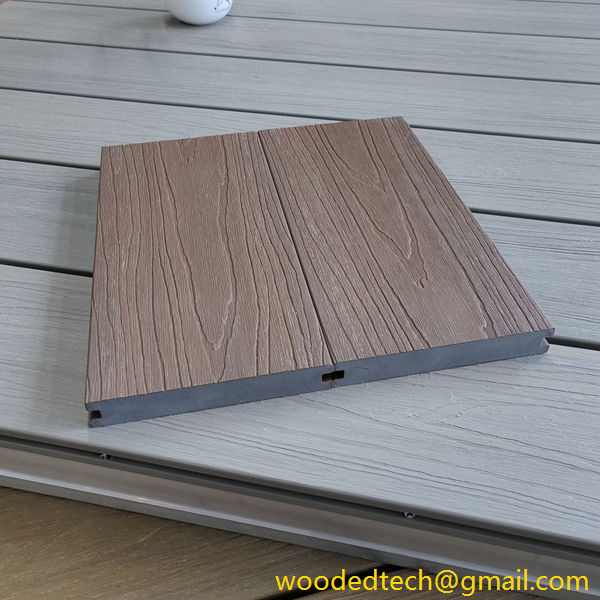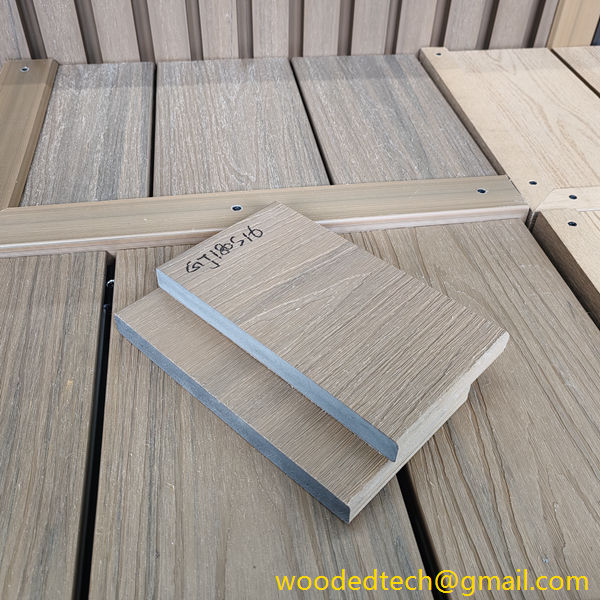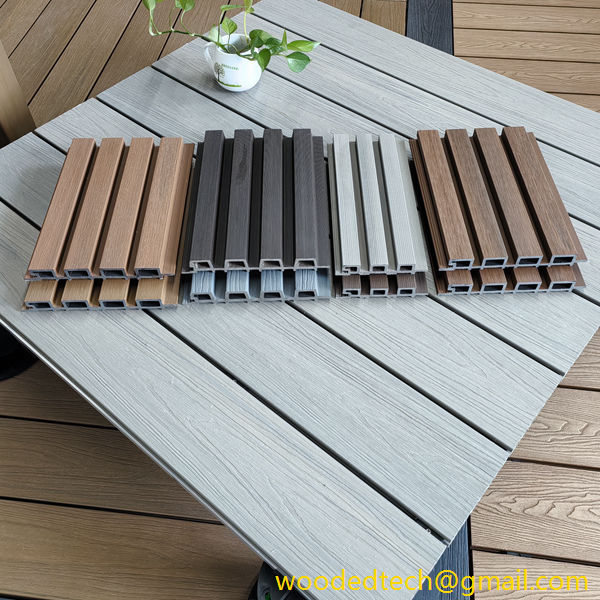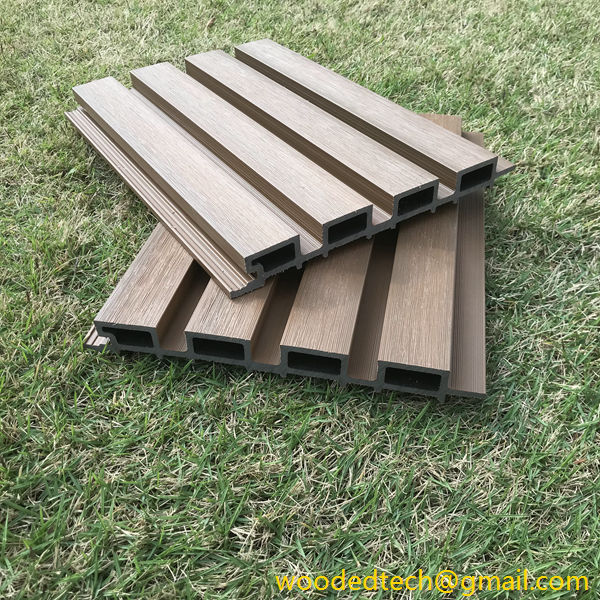Grijs plastic hout: de voordelen van het gebruik van grijs plastic hout in je ontwerpen
Grijs plastic hout: de voordelen van het gebruik van grijs plastic hout in uw ontwerpen Grijs plastic hout is een innovatief materiaal dat steeds populairder wordt in diverse ontwerp- en bouwtoepassingen. Door de esthetische aantrekkingskracht van traditioneel hout te combineren met de duurzaamheid en onderhoudsvriendelijkheid van kunststof, biedt grijs plastic...
Grijs plastic hout: de voordelen van het gebruik van grijs plastic hout in je ontwerpen
Grey plastic wood is an innovative material that has gained increasing popularity in various design and construction applications. Combining the aesthetic appeal of traditional wood with the durability and low maintenance of plastic, grey plastic wood offers a unique solution for both residential and commercial projects. This article explores the benefits of using grey plastic wood in your designs, delving into its versatility, sustainability, and overall performance.
One of the most significant advantages of grey plastic wood is its aesthetic versatility. The grey color provides a modern and sophisticated look that can complement a wide range of design styles. Whether you are designing a contemporary outdoor deck, a rustic garden feature, or a sleek urban landscape, grey plastic wood can seamlessly fit into the overall vision. Its neutral tone allows it to blend with various materials, including stone, metal, and glass, making it an excellent choice for versatile design applications.
Moreover, grey plastic wood mimics the appearance of natural wood while eliminating many of the drawbacks associated with traditional timber. Natural wood can be prone to warping, splintering, and fading over time due to exposure to moisture and UV rays. In contrast, grey plastic wood is engineered to withstand the elements, retaining its color and structural integrity even in harsh weather conditions. This resilience makes it an ideal option for outdoor applications such as decks, fences, and garden furniture, where longevity is essential.
Sustainability is another critical benefit of grey plastic wood. Many products in this category are made from recycled materials, such as post-consumer plastic and reclaimed wood fibers. By choosing grey plastic wood, designers and builders can contribute to environmental conservation efforts by reducing waste and promoting recycling. This eco-friendly aspect aligns with the growing trend toward sustainable building practices and materials, making grey plastic wood an appealing option for environmentally conscious consumers.
In addition to its aesthetic and sustainable qualities, grey plastic wood is also highly durable. Unlike traditional wood, which can be susceptible to pests, rot, and decay, grey plastic wood is impervious to these issues. It does not require regular staining, sealing, or painting, significantly reducing maintenance time and costs. This characteristic is particularly beneficial for commercial projects where longevity and low upkeep are critical factors. Property owners can enjoy the beauty of wood without the associated maintenance headaches, allowing them to focus on other aspects of their properties.
Another advantage of grey plastic wood is its ease of installation. Many products in this category are designed to be lightweight and easy to handle, making them suitable for various applications. Additionally, grey plastic wood often features interlocking systems or hidden fasteners, providing a clean and polished finish. This streamlined installation process can save time and labor costs, making it an attractive option for contractors and DIY enthusiasts alike.
When it comes to safety, grey plastic wood offers peace of mind. The material is slip-resistant, making it an excellent choice for outdoor areas where moisture may be present. This feature is particularly important for decks, pool areas, and walkways, where safety is a top priority. Furthermore, grey plastic wood does not splinter or crack, reducing the risk of injury for children and pets who may be playing in these spaces.
The versatility of grey plastic wood extends beyond outdoor applications. It can also be used creatively in interior design. From feature walls to furniture pieces, grey plastic wood can add a unique touch to indoor spaces. Its modern aesthetic can enhance the visual appeal of various rooms, including living areas, kitchens, and commercial spaces. The adaptability of this material allows designers to explore innovative ideas while maintaining a cohesive look throughout a property.
In terms of cost-effectiveness, grey plastic wood can be a smart investment for both residential and commercial projects. While the initial cost may be higher than that of traditional wood, the long-term savings in maintenance and replacement costs can make it a more economical choice over time. With its durability and resistance to common issues faced by wood, such as rotting and insect infestations, property owners can enjoy peace of mind knowing that their investment will last.
As the demand for innovative and sustainable materials continues to grow, grey plastic wood stands out as a practical choice for modern design. With its combination of aesthetic appeal, durability, sustainability, and low maintenance, it caters to the needs of a wide range of projects. Whether you are designing an outdoor space or looking to incorporate unique materials into your interior design, grey plastic wood offers a compelling solution that aligns with contemporary design principles.
In conclusion, the benefits of using grey plastic wood in your designs are numerous and varied. Its aesthetic versatility allows it to fit seamlessly into different styles, while its durability and low maintenance requirements make it a practical choice for both residential and commercial applications. Additionally, its sustainable nature aligns with the growing emphasis on eco-friendly building practices. With its wide range of applications and advantages, grey plastic wood is undoubtedly a material worth considering for your next design project. By embracing this innovative solution, designers and builders can create stunning, functional spaces that stand the test of time.

